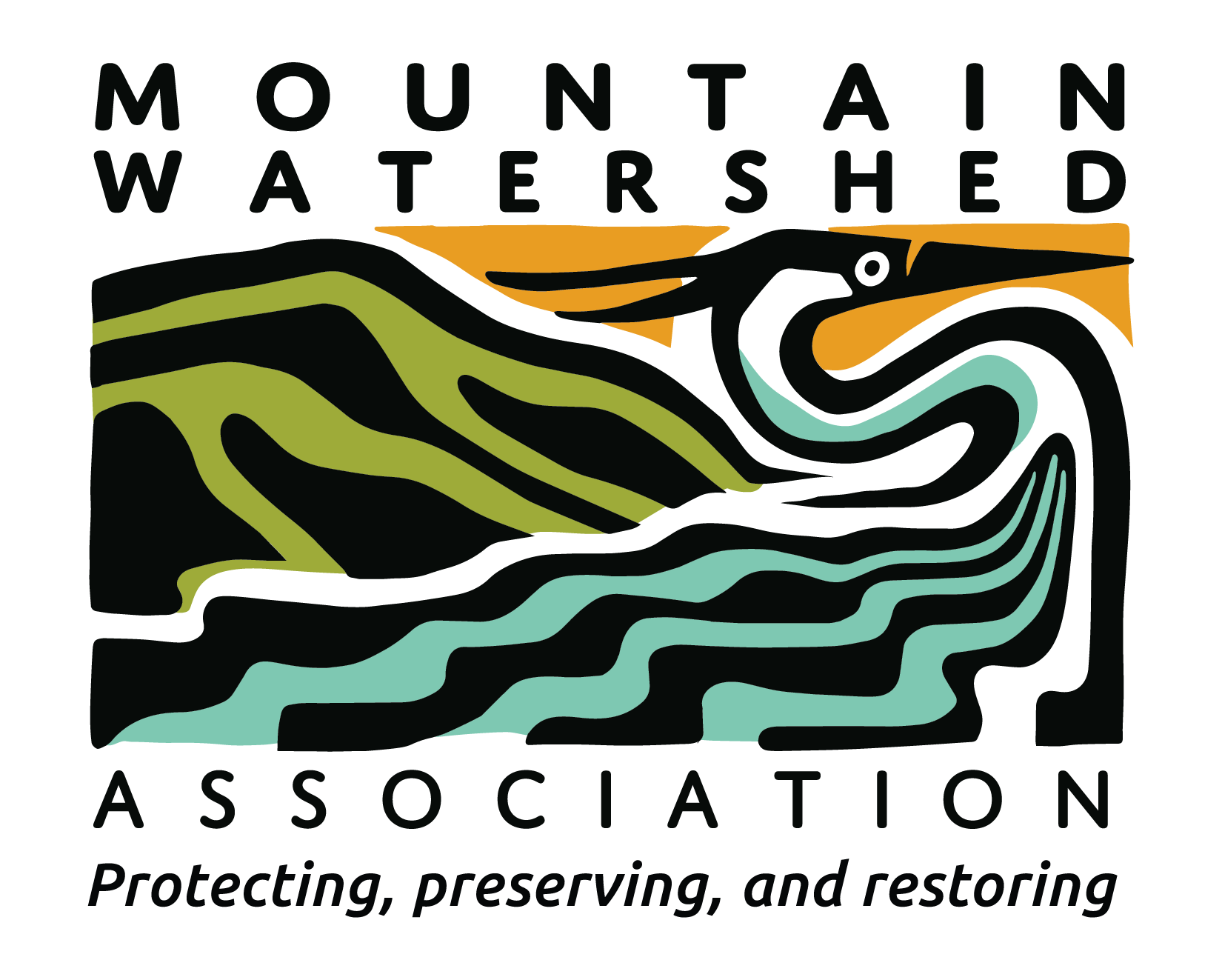
On Monday, January 29, a Fairness Hearing was held in the Westmoreland County Court of Common Pleas. The Hearing, which was before Judge Harry Smail Jr., was a procedural step in a class action settlement, resulting from a lawsuit filed by a Michigan law firm, Liddle Sheets Coulson. The settlement is an attempt to compensate residents for impacts to property resulting from extreme air emissions (dust, odors, etc.) coming from the MAX Environmental hazardous waste facility. The “class” included all those within a 2-mile radius of the facility.
The hearing was purportedly to determine if the proposed settlement of $425,000 was “fair, reasonable and adequate.” The hearing was also to consider an application by the Michigan law firm’s request for reimbursement of their legal fees and costs, which they assert will not exceed $150,000.
Judge Smail noted that 268 claim forms were submitted. This implies about a 24% response rate, which is significantly higher than the national average of 8% in similar cases.
During the hearing, 13 residents from Yukon gathered, wearing red in solidarity with those impacted. Residents heard the process and attempted to provide comments to the judge regarding the settlement terms. Two community members opted to speak, but the judge only allowed one, as he determined the other did not qualify as a “class” member. No decision was made during the hearing.
Residents have many concerns about the settlement, such as:
- Failure of settlement notification to reach all households within the two mile radius
- The timing of the claim-form due date, which allowed only 30 days and was over the holidays
- The fact that the settlement amount seems grossly disproportionate to the heavy losses many in the Yukon community report having suffered. (A recent article published in the Tribune Review highlights more on the hearing.)
Those filing a settlement claim have expressed that, while compensation is smaller than they feel is appropriate, the opportunity to settle with MAX (which is reportedly suffering from financial hardship) is better than nothing.
For a community that has dealt with decades of impacts, justice against a corporate giant can be hard to define.
Nonetheless, this same community has consistently and tirelessly come together to protest the facility before the Pennsylvania Department of Environmental Protection, the federal Environmental Protection Agency, and the operator itself. The community has done this in hopes of finding a path forward and an end to the piles of hazardous waste that loom over the area.
The strength and solidarity of this community is likely a significant factor as to why the EPA and DEP are currently investigating the facility. MAX’s representatives relayed that the investigation is preventing them from renewing their permits, which has had costly consequences. The strong community opposition in Yukon is also likely a contributing factor as to why MAX’s proposed expansion of the landfill into the nearby floodplains of Sewickley Creek has been stalled.
For more information, or to get involved with this issue, please reach out to Stacey@mtwatershed.com.

